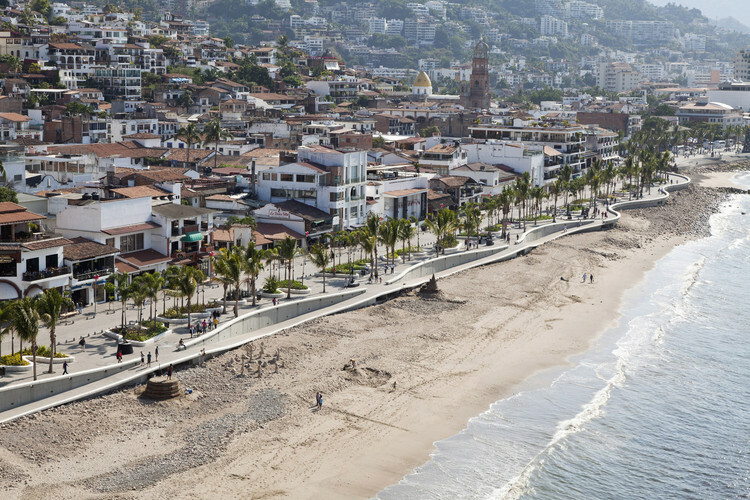Mexico’s housing market is facing a severe supply-demand imbalance, with a slowdown in construction exacerbating the problem. Several factors contribute to this crisis, including high material costs, pandemic-related delays, land scarcity, and high interest rates, according to Jorge Combe, a real estate finance expert.
Combe highlighted the disruption in the construction pipeline, noting that delays now will translate to a lack of new apartments in 2026, 2027, and 2028, potentially leading to inflation or capital gains in central areas. Despite these challenges, demand remains strong due to demographic trends. “The supply of new apartments will fall because not enough buildings are being built, although, on the other hand, demand continues due to demographic factors,” he explained.
Data from 4S Real Estate shows that while around 400,000 homes are sold annually in Mexico, only half are newly constructed, indicating a significant decline in building activity. Marisol Becerra from 4S Real Estate pointed to regulatory hurdles and rising land costs as obstacles to new projects. “Some construction procedures take up to five years to clear,” she said, adding that a backlog of decade-old projects further limits inventory.
Becerra also emphasized the role of social factors like rising divorce rates and increasing life expectancy in driving housing demand. “One in three marriages ends in divorce, and each divorce requires a new home; in addition, life expectancy is increasing,” she explained. Demand has risen significantly, with apartment sales in major cities increasing from 38,000 in 2017 to over 49,500 monthly in 2023. However, new developments haven’t kept pace.
Key cities like Mexico City, Guadalajara, Monterrey, and coastal destinations such as Puerto Vallarta and Mazatlán have seen significant real estate activity. Mexico City led sales last year (39%), followed by Guadalajara (17%) and Monterrey (9%). Mazatlán experienced particularly rapid growth, with sales doubling annually.
The supply shortage has led to a dramatic increase in rental costs in Mexico City, with Inegi reporting a 21.4% rise since December 2018—the largest increase under the current administration. Rent control measures, while intended to help, are raising concerns about further limiting rental property availability. Fernando Rodríguez Bustamante warned that these reforms may discourage rentals, as investors find other options, like government bonds, more profitable.
Canadevi Valle de México has proposed developing 4,000 affordable homes in Mexico City, but this requires changes to urban planning regulations. Leopoldo Hirschhorn Cymerman stressed the need to optimize land use and streamline approvals to meet demand. “Housing production is below demand. In Mexico City, only one in 10 new couples will be able to obtain a new home,” he said.
Industry leaders are calling for comprehensive reform, including updated urban planning, increased density in strategic areas, and improved access to credit. Without these changes, the supply-demand gap will likely widen, further driving up housing costs. Coordinated efforts are crucial to address this growing crisis and ensure adequate housing for Mexico’s population.
Written by Mexpat Realtors – March 2025
For matters pertaining to Puerto Vallarta Real Estate, Houses for Sale in Puerto Vallarta, Condos for Sale in Puerto Vallarta, Sayulita Real Estate, Zona Romantica Puerto Vallarta or the surrounding areas of Bahia de Banderas, Property Management Puerto Vallarta, or Puerto Vallarta Rentals, Mexpat Realtors is a great resource.
Call or contact us online at www.mexpatrealtors.com


